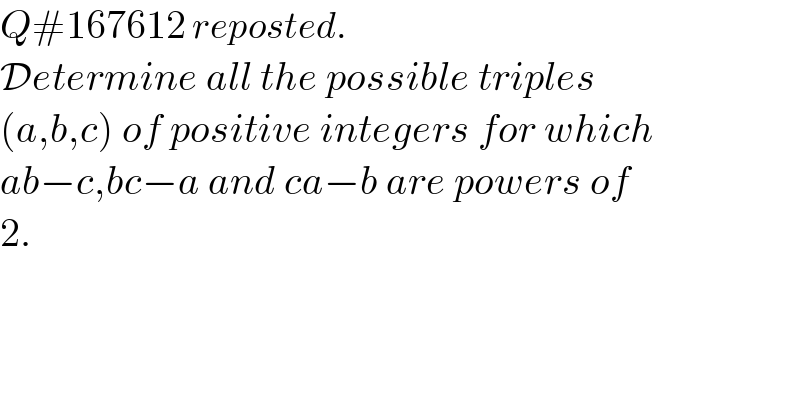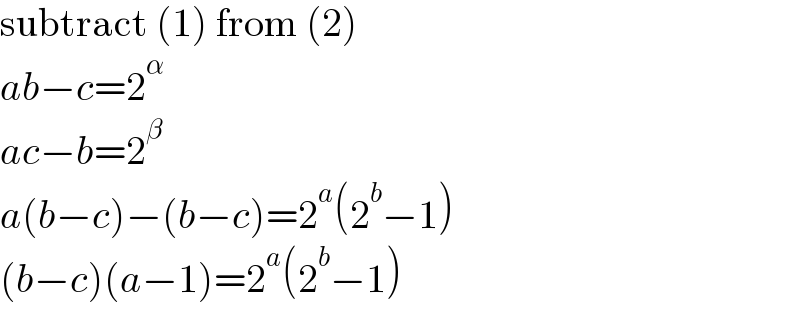Question Number 167725 by Rasheed.Sindhi last updated on 23/Mar/22

Commented by Tinku Tara last updated on 24/Mar/22

Commented by Tinku Tara last updated on 24/Mar/22

Commented by Tinku Tara last updated on 24/Mar/22

Commented by Rasheed.Sindhi last updated on 24/Mar/22

Answered by Rasheed.Sindhi last updated on 24/Mar/22

